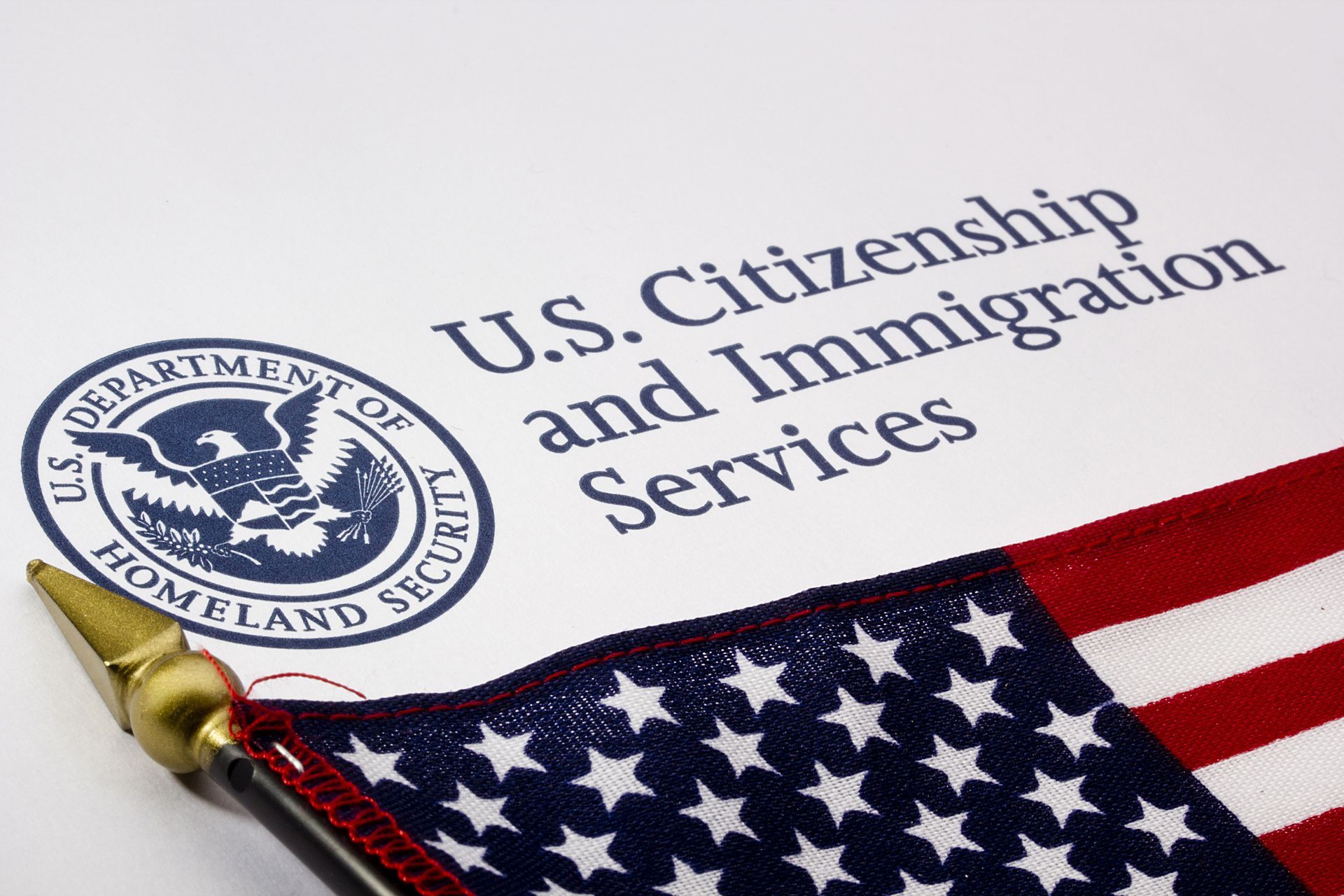(100 Ratings & Reviews)
3 Crucial Things to Know About Green Card Processing
Obtaining a green card is a significant milestone for many immigrants seeking permanent residency in the United States. The process, however, can be complex and time-consuming, often requiring careful navigation of various steps and legal requirements. Whether you are applying through family sponsorship, employment, or other means, it is essential to understand the intricacies involved. In this blog post, we'll explore key aspects of green card processing to help you better prepare and enhance your chances of success through the help of a green card attorney.
Determining Your Eligibility Category
One of the primary factors to keep in mind is determining your eligibility category. The most common routes include family-based and employment-based green cards. In our experience, family-based green cards are available to immediate relatives of U.S. citizens, which include spouses, children under 21, and parents. Additionally, there are several preference categories for other family members, such as siblings of U.S. citizens and married children over 21.
Filing the Appropriate Petition
The application process entails several steps, starting with filing the appropriate petition. We've found that for those applying through employment, the employer must first obtain a labor certification and then submit Form I-140, Immigrant Petition for Alien Worker. On the other hand, family-sponsored applicants will require Form I-130, Petition for Alien Relative. According to the Migration Policy Institute, children and youth ages five to 17 accounted for 5% of immigrants and 18% of the U.S. born, highlighting the importance of including eligible family members in your application.
Understanding the Waiting Period
Another crucial aspect is the waiting period, which varies depending on the category under which you are applying and the country of origin. Some categories have annual numerical limits, which can result in significant backlogs. For instance, our experience has found that the waiting time for family-sponsored green cards for siblings of U.S. citizens can stretch several years. Employment-based categories also face similar delays, so it's important to keep track of the Visa Bulletin issued monthly by the U.S. Department of State.
Understanding the green card processing steps and requirements can significantly influence the outcome of your application. Be sure to determine the appropriate eligibility category, accurately complete all necessary forms, and stay informed about the current waiting times. By doing so, you'll be better equipped to navigate the complexities of the process and achieve your goal of obtaining U.S. permanent residency. Be sure to reach out to the Law Office of Brian T. Richards today to speak with an expert green card attorney!







Share On: